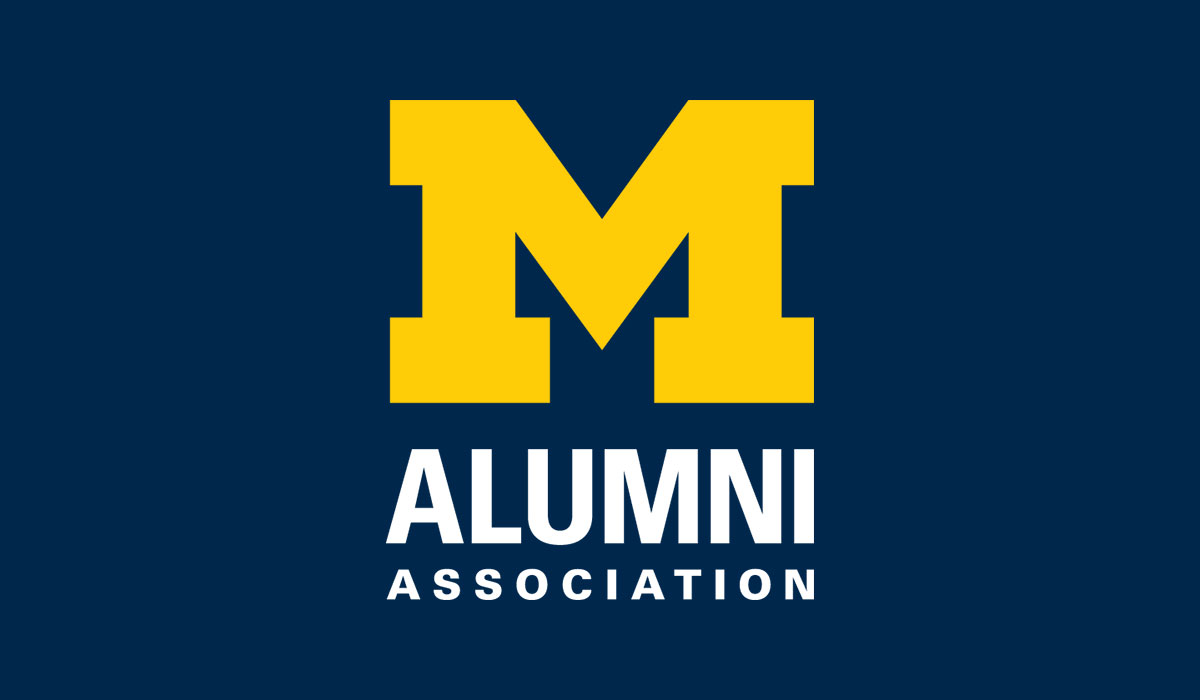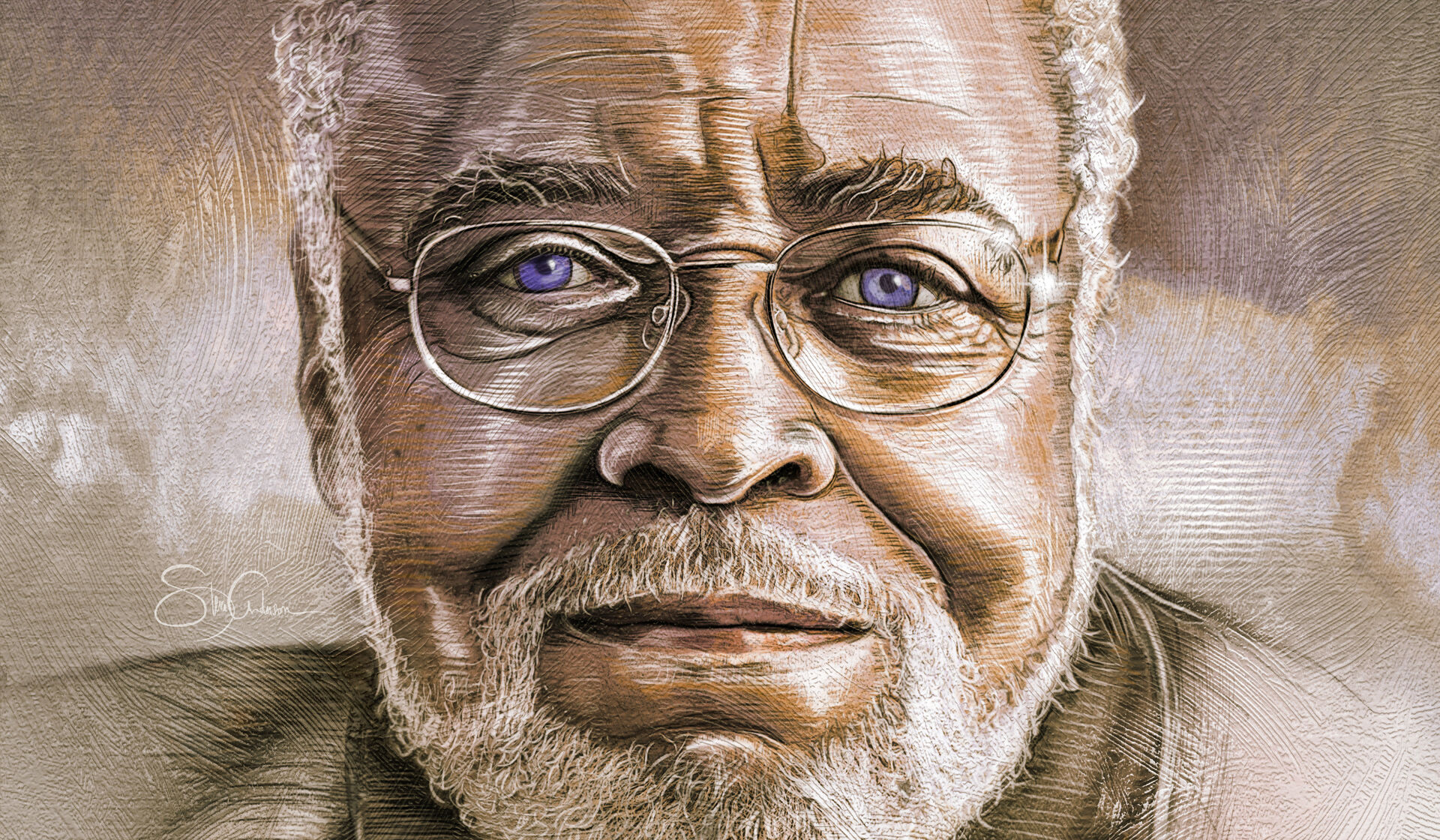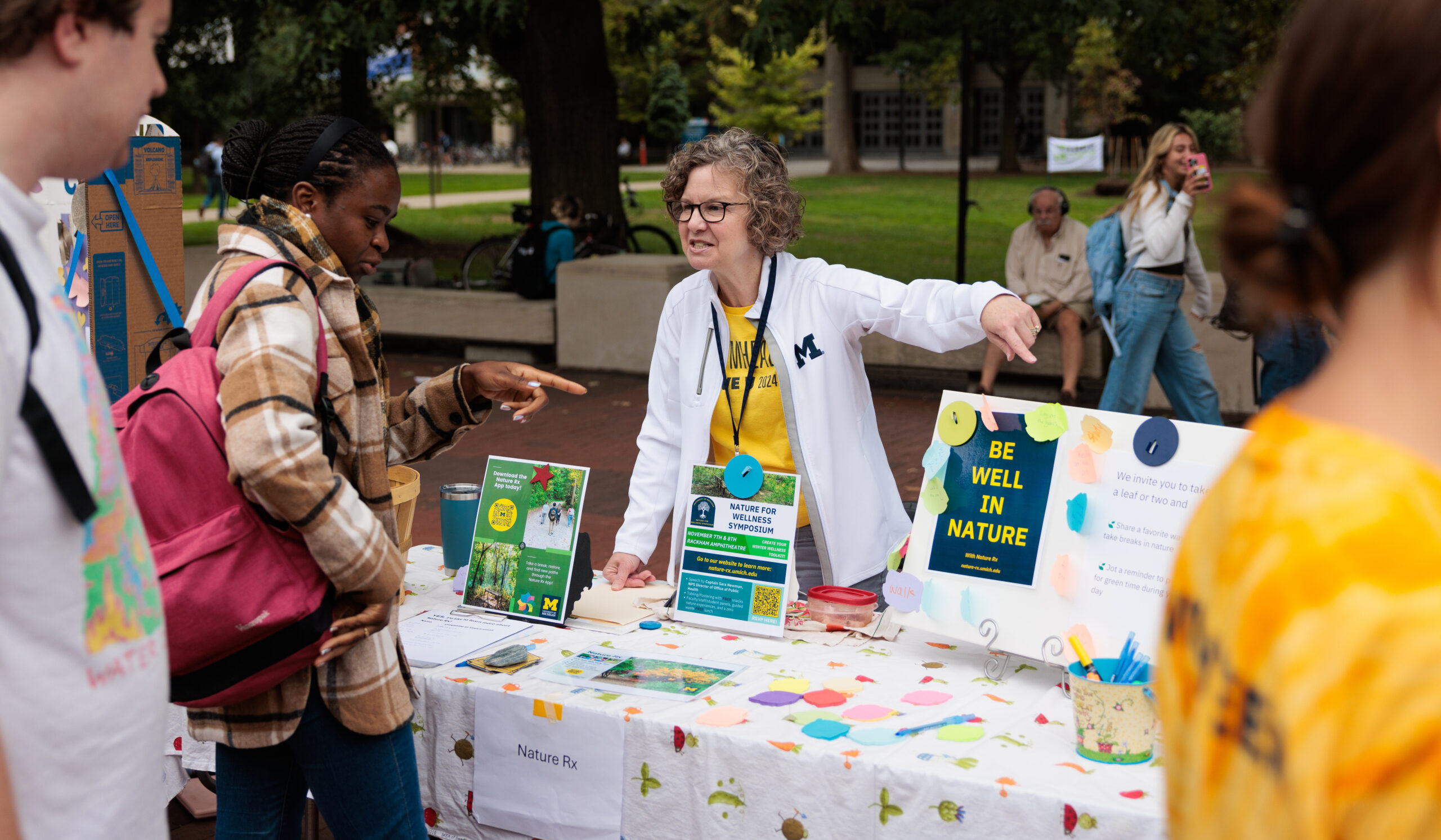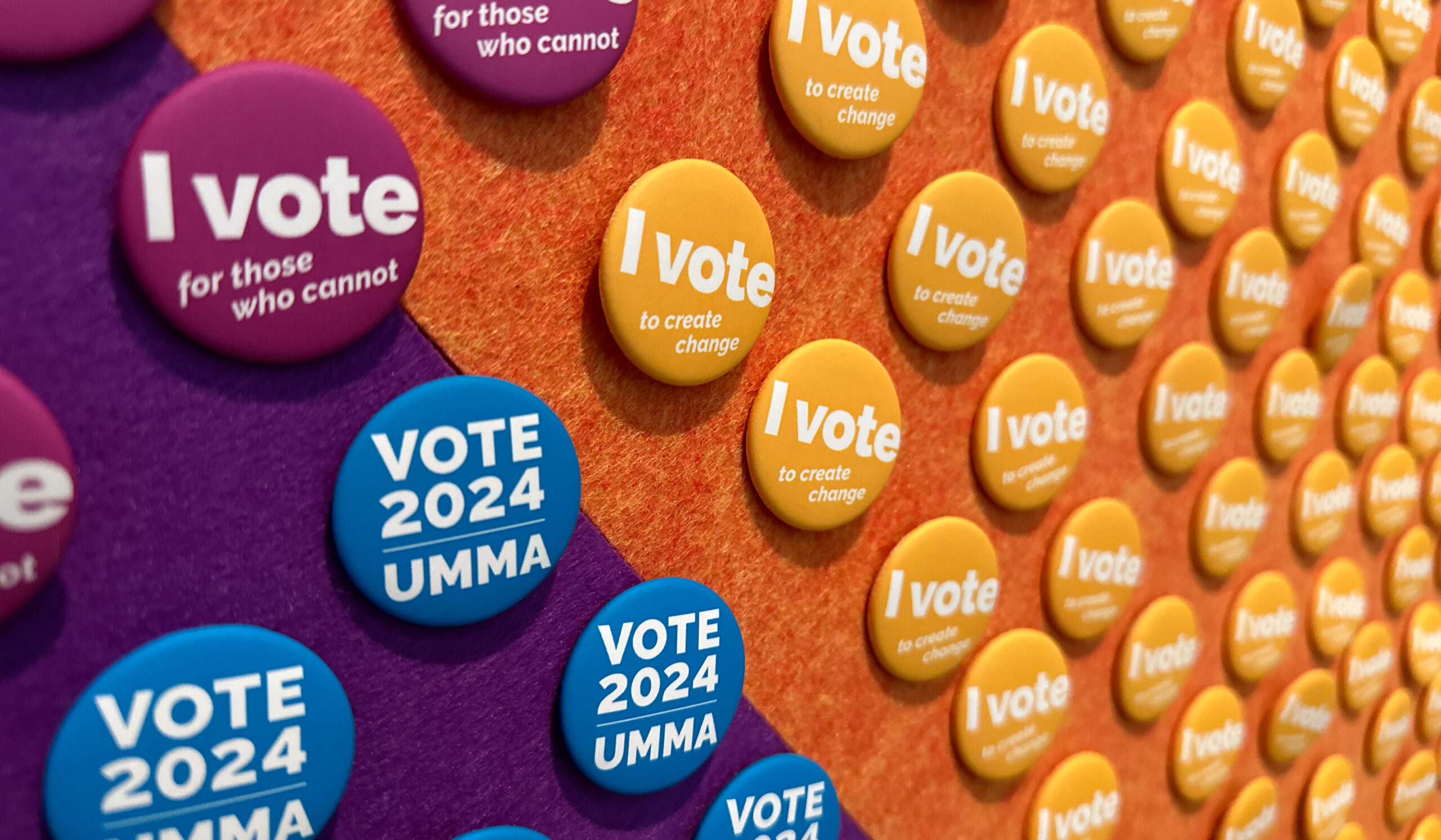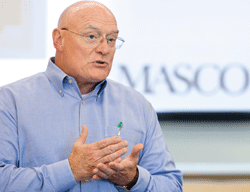 A first-generation college student who went on to a successful business career, Timothy Wadhams, ’70, MBA’73, knows the difference a little help can make for a working class kid trying to get an education.
A first-generation college student who went on to a successful business career, Timothy Wadhams, ’70, MBA’73, knows the difference a little help can make for a working class kid trying to get an education.
The retired CEO of Masco Corp., a publicly traded manufacturer of building products, and his wife, Laurie, have donated a transformational gift to the LEAD Scholars program. The gift will support up to 16 students who are graduates of Ann Arbor’s Pioneer High School, Laurie and Tim’s alma mater, or transfer students from Washtenaw Community College, which Laurie also attended. In addition, the Wadhams family has established scholarship support through U-M’s Office of Student Life for local students.
LEAD scholarships target students from underrepresented backgrounds who have already been admitted to the University but need financial help to attend. Many such students are among the roughly 1,000 transfers who arrive at U-M each year, and this is the first scholarship set aside especially for them.
Timothy spoke to the Michigan Alumnus newsletter from his home in Ann Arbor.
LEAD scholars benefit from more than just financial support. Was that part of the appeal for you as a donor?
Yes, It’s much broader than just tuition and books, room and board. That’s one of the things that I think is fundamental to the success of the program—it helps the kids get acclimated. A lot of these are first-generation college students. LEAD and the University of Michigan have specific programs to help integrate them into campus life. It’s not just, “OK, you’re on campus, here’s your dorm room, and good luck!” It’s really an investment in the students, in making sure that they have opportunities and support to be successful.
You were a first-generation college student yourself.
Yes, I grew up here in Ann Arbor, on the Old West Side. The Old West Side in the ’50s and ’60s was a lot older than it is today, trust me! I was the first kid in my family to go to college. That was more common back in the mid-’60s. I think the adjustment is more difficult today, and in general, we’re more sensitive to that than we were back then. For me, other than sleeping through my first semester of my freshman year and getting a jolt at the end from an academic standpoint—which was helpful!—the adjustment wasn’t too difficult. I played football for four years, and I was in a fraternity. Both of those experiences helped me get integrated into campus life.
Your mom was raising four kids alone. How did you pay for your education?
I had some scholarship assistance from the U of M Club of Ann Arbor. It was very helpful but covered a minor part of the cost. I also had a great job with a local construction company here in town that paid well. After football season, I had to bus dishes at the Lamplighter and I had some responsibilities at the fraternity that allowed me to get a break on room and board. I had to scramble a little, but I was fortunate those job opportunities were there.
Your wife, Laurie, took a slightly different path, which motivated you to earmark part of your gift for transfer students. Can you explain?
Laurie started at Central Michigan, but she didn’t really apply herself. She ended up at Washtenaw Community College for a couple of semesters, and it was really a very meaningful experience for her. It gave her a chance to demonstrate to herself that she could do the work. She did very well there, then transferred to Eastern Michigan, received a degree in fine arts, and, academically, did outstanding. Therefore, WCC has always had a place in her heart. We were co-chairs of the fundraising campaign that WCC just finished, and we learned that they were doing some very significant things for kids, including students with different needs than you generally see at a four-year university—veterans returning from overseas, single parents. It’s a place where you can get a fresh start, and a lot of the students have gone on to schools like Michigan.
You’ve mentioned that Masco’s founding family helped to inspire your own philanthropy. In what way?
Our founder, Alex Manoogian, was an Armenian immigrant who ultimately was able to bring his family to the United States to flee oppression. Alex started the business, and his son Richard joined the company in the ’60s. Under Richard’s leadership, Masco became the building products manufacturer powerhouse it is today. (Tim was appointed the third CEO in the company’s history in 2007.)
Alex Manoogian did a lot for the Armenian community worldwide, and Richard was extraordinarily active in philanthropy, supporting a variety of causes with a focus on the Detroit community and across the state of Michigan, not just in terms of money, but also in terms of time. Often, it’s easy for people to write checks, but to put your time and effort in is another issue. So watching them lead by example had an impact, and I think any of us who have had some success have an obligation to share that and give back to the community.
Learn about how you can give a gift to the LEAD Scholarship Program and help continue to make Michigan the best it can be.
Amy Crawford is a freelance writer whose work has appeared in Smithsonian magazine, The Boston Globe, and Nature Conservancy magazine. Follow her on Twitter @amymcrawf.

